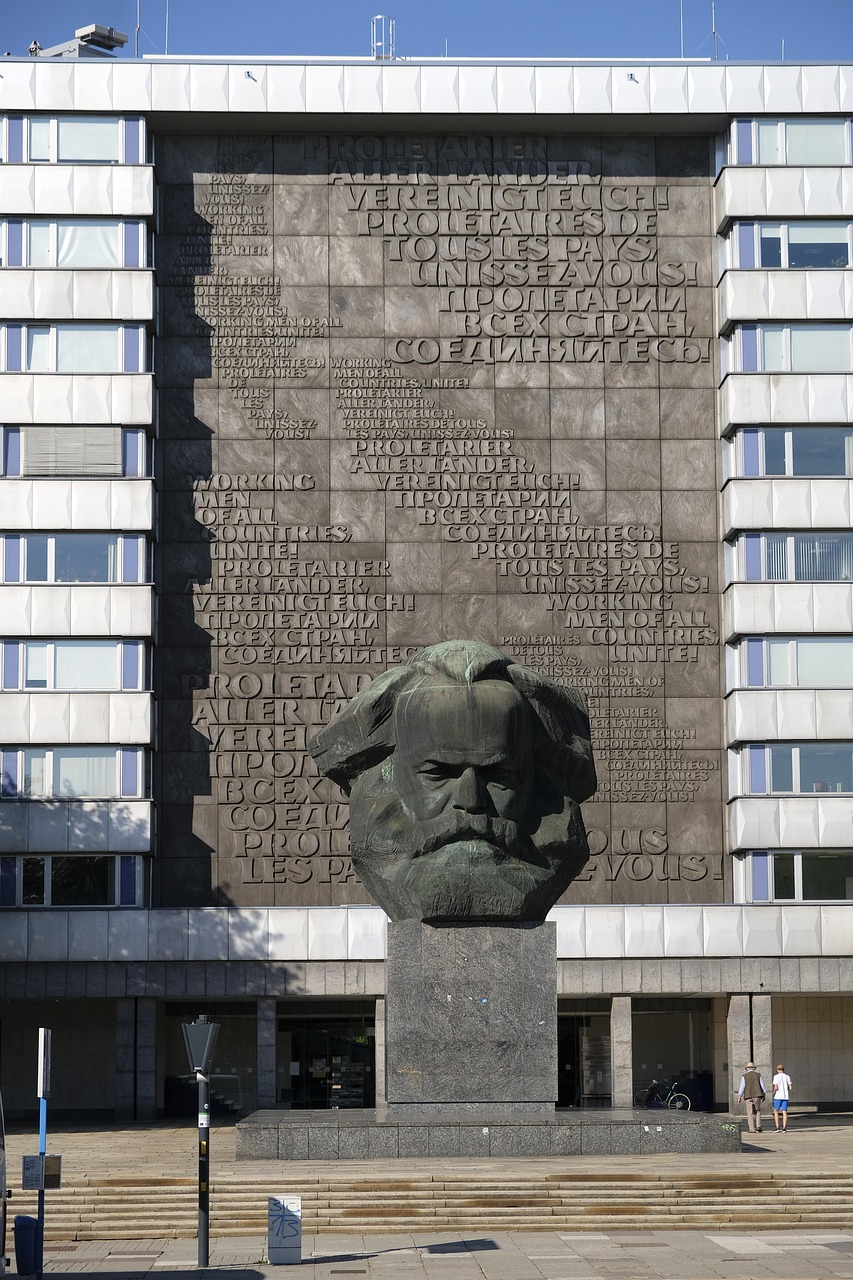Introduction: an alternative pre-history
In late 2009, the polls consistently pointed towards a Conservative victory in the General Election which was expected to be held in the coming year. Opposition leader David Cameron had good reason to be hopeful, and up to a point – he was.
But one thing kept bugging him and his team: the endless insinuations by some of his political opponents that he was harbouring some kind of secret plan to privatise the National Health Service.
Cameron knew better than anyone how absurd these accusations were. The truth was that he did not have much of a healthcare policy plan of any kind, neither pro-privatisation nor anti-privatisation nor anything else. (If anything, that should have been the criticism.) But the accusations nonetheless refused to go away.
And so in January 2010, Cameron hired a prestigious political consultancy to work out a strategy for defusing this accusation. How could he win over the doubters? How could he prove, once and for all, that the NHS was going to be safe with him?
The consultancy’s final report was duly delivered just before the election campaign officially began, and thus just in time for its recommendations to be implemented.
Except: there were no recommendations. The report concluded that there was nothing Cameron, or anyone else, could do to defuse fears about NHS privatisation:
“Paranoia about alleged “secret plans” to privatise the NHS through the backdoor have been a fixed feature of British politics since at least 1980. Successive Prime Ministers and Health Secretaries – Tory and Labour alike – have gone out of their way to placate those critics, but none of them ever had any success. It doesn’t matter what anyone says or does – someone, somewhere, will always say that there is a secret plan to privatise the NHS. And millions of people will believe it.”
It is alleged that the lead author of the report had half-jokingly said to Cameron: “Since your opponents will accuse you privatising the NHS anyway – you might almost consider actually doing it.”
It is also alleged that this planted an idea in Cameron’s mind…
Political capital spent wisely
The May 2010 election delivered a Conservative-Liberal Democrat coalition government. Coalitions, especially when they are between parties from different sides of the political spectrum, can be both constraining and liberating. They mean compromise, but they can also mean sharing the blame for decisions that will not initially be popular with voters.
The Cameron-Clegg coalition initially wanted to spend its political capital on a programme of fiscal consolidation (dubbed ‘austerity’), and on a reform of higher education financing (which would have involved a trebling of tuition feels). But they then decided against both. The deficit would sooner or later sort itself out, and the cost of higher education could be more easily controlled by simply rationing university places through caps on student numbers. If they were to do something unpopular, they might as well grasp the nettle, and have a go at a root-and-branch reform of Britain’s ultimate sacred cow: the National Health Service.
What this meant in practice, nobody knew at this stage. The coalition did what governments often do when they want to kick an issue into the long grass, but also, on occasion, when they are genuinely trying to find the right solution: they set up an expert commission to produce an expert report.
The commission was headed by Prof Ezekiel J. Emanuel, an American healthcare specialist who had recently advised President Obama on his “Obamacare” reforms. Prof Emanuel had no known political affiliations, but he usually worked with left-of-centre organisations and politicians, and due to his involvement in Obamacare, he had, in recent years, become a bit of a hate figure for some “Tea Party” Republicans. Thus, he had enough left-wing credentials to make him an acceptable choice for the role, including for most of the Labour opposition (although obviously, the usual suspects immediately condemned the Emanuel Commission as a Trojan Horse for privatisation).
The Emanuel Commission sought to answer two main questions:
- How does the NHS compare internationally?
- Is there a good healthcare system that offers lessons for the UK?
The first question was answered in an interim report published in early 2011. It caused quite a stir, because it found that the NHS was consistently behind most of its peers on a broad range of outcome measures.
The second question was answered in a final report published later in the same year. While Emanuel was reluctant to identify an off-the-shelf model, he did argue that the system of the Netherlands was perhaps the closest thing to a reform signpost. This was not just because of the overall comparability of the two countries, but also because the Dutch system had itself undergone some fairly radical changes in recent years, a process which was still ongoing. Thus, the Netherlands offered lessons not just regarding the end result, but also the reform process.
“Learning from the health system of a neighbour country” does not, on the face of it, sound especially scary, or radical. However, the Netherlands had an almost completely privatised healthcare system. Once the implication became clear, all hell broke loose in the British media. The coalition, however, stood firm. They had said right from the start that they were going to act upon the Emanuel Review, and they were not going to row back from that commitment now.
Initiating the reform process
At that stage, it was still not clear what moving towards a system like the Dutch one would look like in practice. For that purpose, a more policy-focused commission was set up in early 2012, to draft what would become the 2013 Health System Change Act (HSCA). The coalition sought expert advice from various quarters, most notably, from the former Dutch Health Secretary Hans Simons, who became one of their main advisors on the HSCA, and an unofficial “brand ambassador” for the new system.
Simons was a member of the Labour Party’s Dutch sister party, the PvdA, which made it harder for Labour to brand the HSCA as “Tory ideology” or “neoliberal”. The coalition endlessly hyped up the “Dutchness” of the envisaged new system, ruthlessly capitalising on the fact that most people see the Netherlands as a progressive Northern European social democracy, not as a neoliberal hellhole. This turned out to be particularly effective when opponents brought up the US system as the ultimate boogeyman. Deputy Prime Minister Nick Clegg, who had never before made much of the fact that he was half-Dutch himself, now metaphorically draped himself in the flag of the Netherlands when debating the HSCA. For example, when he was highlighting parallels between the HSCA and its Dutch equivalents, he made a big show of pronouncing the Dutch names correctly, in order to make his opponents look like insular little Englanders. It was cheap, because it capitalised on the insecurities of Guardian readers. But was also effective.
To a more general audience, the coalition stoically kept repeating three mantras to calm anxieties:
- The system will continue to cover everybody, irrespective of health status or ability to pay. Nobody – not one single person – will fall through the cracks.
- There will be no sudden, disruptive change. Most changes will happen behind the scenes.
- If you are happy with the way things are now – just stay put, stay calm, and do nothing. You won’t have to change anything if you don’t want to.
There was nonetheless a huge anti-HSCA campaign, or rather, several overlapping campaigns. The Guardian, the Independent and the New Statesman ran anti-HSCA articles every week; a political party was set up with the sole purpose of stopping the HSCA; at least three books warning of the supposedly dire consequences of the HSCA were written; and there were large anti-HSCA demonstrations in Westminster almost every day. Labour leader Ed Miliband came under fire from within his own party for not doing enough to stop the HSCA. In early 2013, rebels mounted a successful leadership challenge, in which Miliband was ousted, and replaced by the veteran Marxist-Leninist John McDonnell.
McDonnell was indeed more effective at mobilising protest movements than his predecessor, but in the end, it did not help. The HSCA took effect on 1 April 2013.
The alternative history continues in part 2...
















The Dutch system of health care grew out of the competition between the Catholic and Protestant Churches in the Netherlands (this led to the Netherlands becoming a “pillared” society – with almost everything from sporting clubs to health care having Catholic and Protestant versions), Christianity has massively declined in the Netherlands (especially the Catholic Church which has almost fallen apart in the Netherlands since Vatican II) and state involvement has become more important – but the health system remains. The United Kingdom has a rather different history – in the late 1940s copying the Soviet system of health care that was created in the 1920s (although that this was the model was NOT officially admitted – with all sorts of nonsense that the new British system was inspired by the Welsh mining village, or the Mutual Aid society of the Great Western Railway, being trotted out instead of the truth).
As for overseas countries – India (soon to be the largest population country in the world) is interesting. I am told that in India most (yes most) health spending is “out of pocket” (i.e. people paying for medical care out of their own pocket) rather than from government or private insurance schemes – whatever the very real draw backs of such a practice (and remembering that India, although greatly improved in recent years, is still a very poor country – in health care and everything else), it would have the effect of keeping down costs – unlike, say, the United States where most spending is by private insurance companies, and the government, in a health “market” that is so distorted by government interventions it is a horrible farce.
I should point out that the figures I looked at, which indicated that most health spending in India was “out of pocket” (i.e. individual) spending, were from 2017 – in 2018 the Indian government launched a new health program, which may have greatly altered the situation.
As for the Netherlands – the primary system seems to be “compulsory insurance”, a form of de facto taxation (i.e. “compulsory”) where the money goes to corporations rather than to the government. However, the minority Calvinist evangelical community in the Netherlands are allowed to opt out of this system – they still have to pay the money, but it goes to a fund it is used to pay for health care directly.